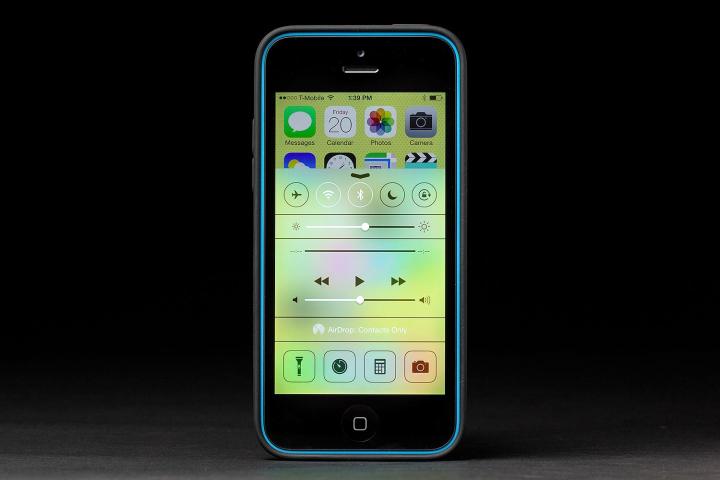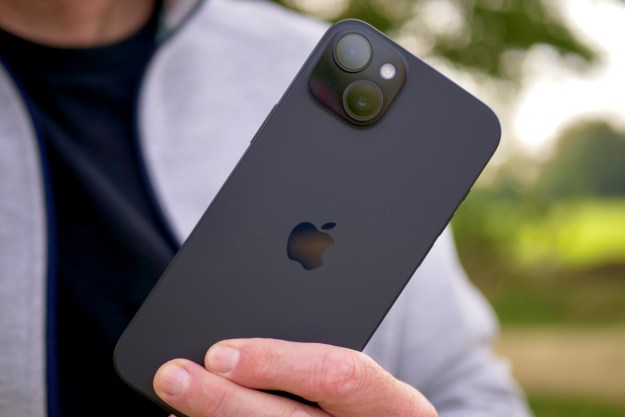
“The FBI’s purchase of the technology — and its subsequent verification that it had successfully obtained the data that it was seeking thanks to that technology — confirmed that a serious undisclosed security vulnerability existed in one of the most popular consumer products in the world,” the initial filing said. But late in the evening of September 30, 2017, federal judge Tanya Chutkan ruled that identifying the vendor the FBI used would effectively place a bounty of said vendor’s head, and could eventually result in the technology being compromised.
According to the FBI, the vendor’s networks are “not as sophisticated” as that of the federal agency’s, which might leave the company vulnerable to cyberattack.
“It is logical and plausible that the vendor may be less capable than the FBI of protecting its proprietary information in the face of a cyber-attack,” said the court. “The FBI’s conclusion that releasing the name of the vendor to the general public could put the vendor’s systems, and thereby crucial information about the technology, at risk of incursion is a reasonable one.”
The case was certainly an interesting one. After the San Bernardino shooting, the FBI demanding that Apple create a custom software to hack into the iPhone itself. Apple declined, saying that doing so would set a bad precedent for future cases. The FBI then took matters into its own hands and dropped the case against Apple.
The news organizations involved in the suit claimed that it’s important that Apple is told how the hack was accomplished so that it can fix the flaw and prevent millions of iPhone owners from being vulnerable to hacks themselves. Not only that, but the group also claimed that the situation brings up questions about the allocation of public funds as well as governmental oversight issues. Finally, the suit suggested there’s no legal basis for the FBI to hold on to the information.
It’s been a long and tumultuous road for Apple and the FBI, but for now, it looks like this chapter is closed.
Update: A judge has ruled that the FBI can keep its secret around how it hacked the San Bernardino terrorist’s iPhone.
Editors' Recommendations
- Apple has just fixed one of the weirder iPhone bugs
- Apple may release a completely new type of iPhone in 2025
- The iPhone 16 Pro Max could set a new record for the iPhone
- iPhone 16: news, rumored price, release date, and more
- iOS 17.5 just launched with a huge security feature for your iPhone


